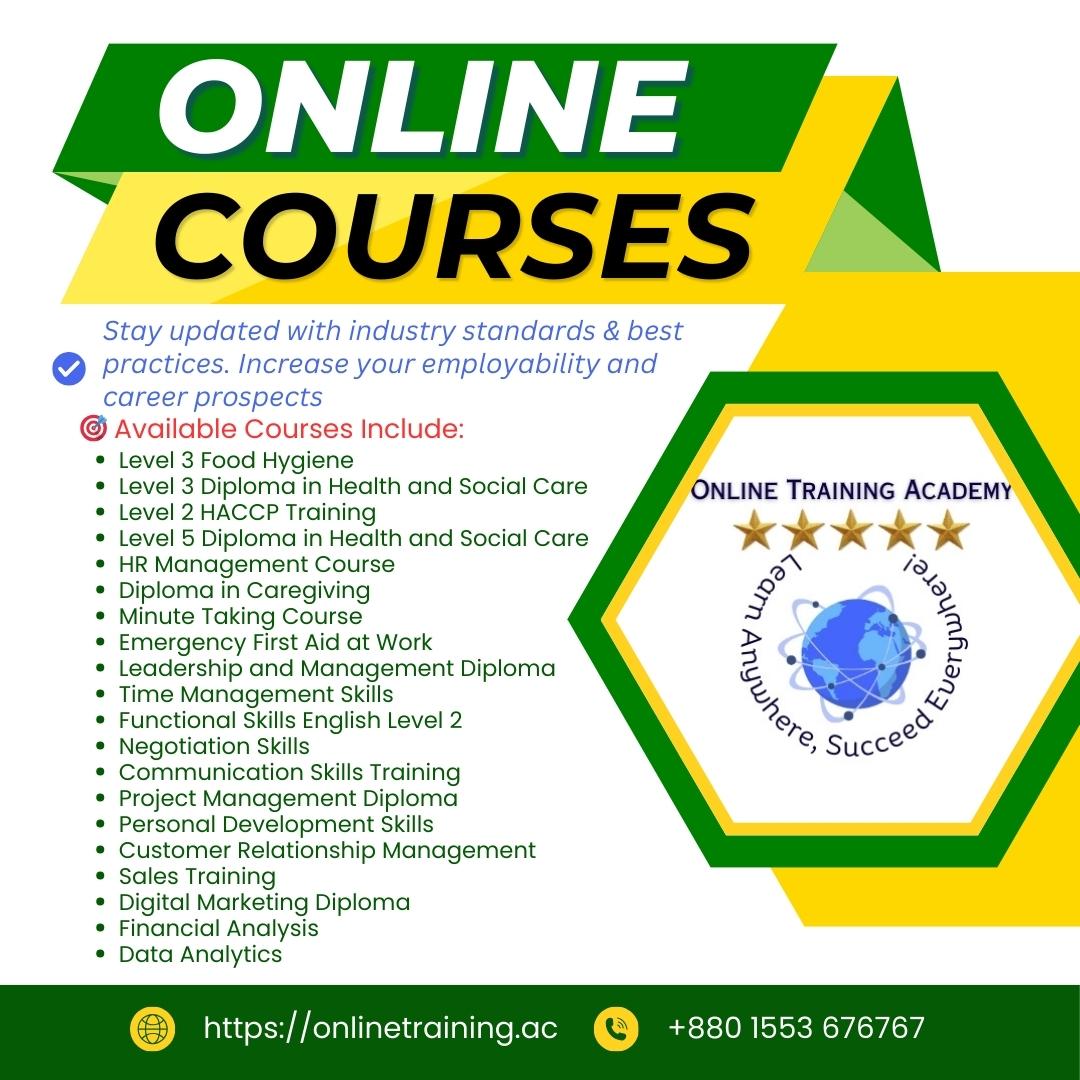Let Education Be Practical and Career-Oriented
Let Education Be Practical and Career-Oriented Md. Joynal Abdin Founder & CEO, Trade and Investment Bangladesh (T&IB) Secretary General, Brazil-Bangladesh Chamber of Commerce and Industry (BBCCI) Advisor, Singapore South Asia Chamber of Commerce and Industry (SACCI) Education is…
Read More


 by
by